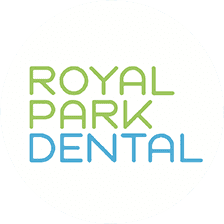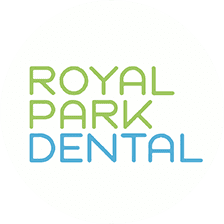Dental Emergencies Adelaide
What should I do in a Dental Emergency?
If you are in pain and/or require immediate treatment, please contact us right away to book an emergency appointment.


Here at Royal Park Dental, we want to do even more than fixing dentures. We will be evaluating your damaged dentures and assessing the extent of their damage. Then after repairing it, we will discuss with you some tips on how to properly care for your dentures to lessen damages and breaks so you can have that perfect smile for many years to come.
Reach out to us to book an emergency appointment.
Reviews





Royal Park Dental Adelaide Serving the Greater Western Suburbs including Royal Park, Findon,
West Lakes, Woodville, Seaton and Hendon




















